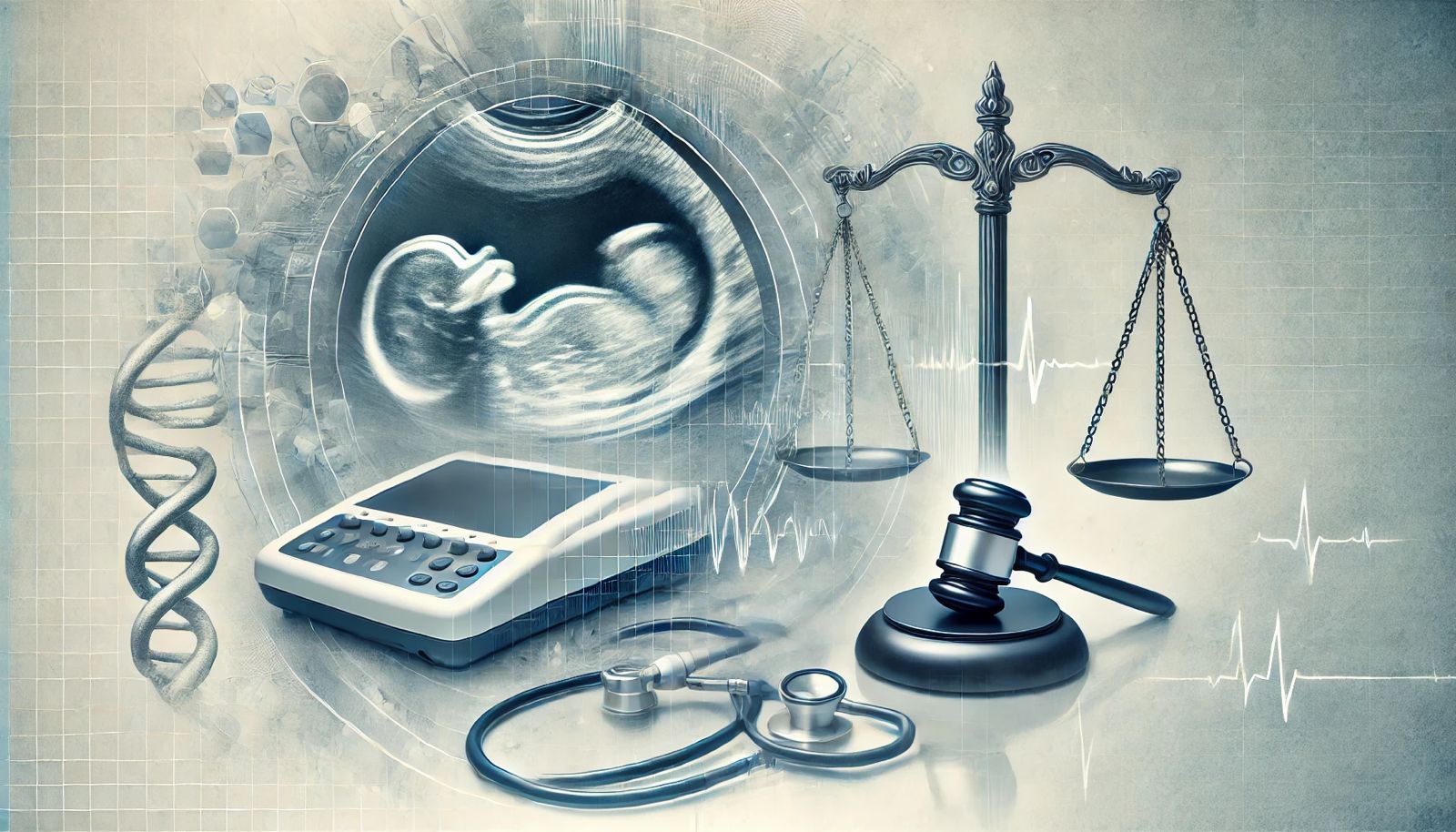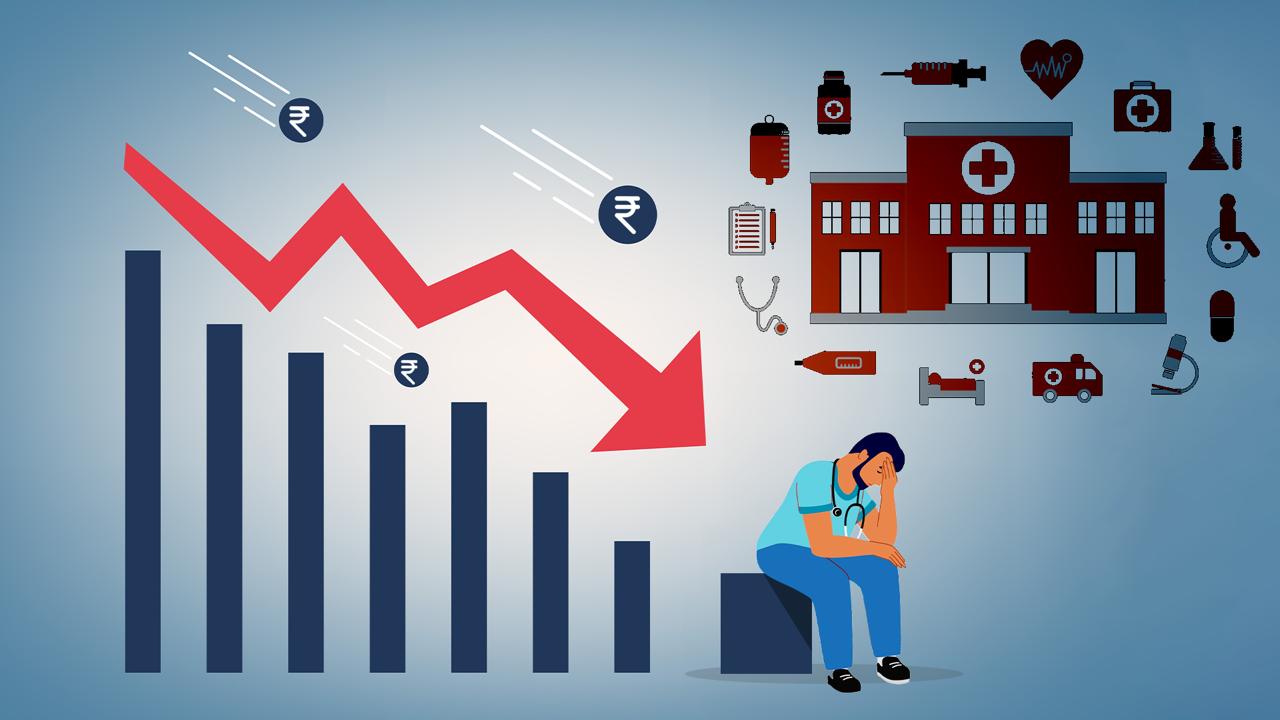
Ayushman Bharat :A Critical Appraisal
Ayushman bharat is a scheme which seems very altruistic ostensibly but has not proven to be cost effective . The people who should really be under ambit of the scheme are out . Good number of beneficiaries are actually above poverty line who evade exit from the scheme due to obvious political reasons . 80%of sweepers working in my hospital donot have AB as their papers are not proper . People who come in Bolero and scorpios flaunt AB cards . They are the vote feeders for the parties .

Balancing Rights: The Complex Case of Fetal Sonography and Judicial Overreach
Explore the complexities of fetal sonography in our latest blog, where we examine the recent National Consumer Disputes Redressal Commission judgment. Dr. Shri Gopal Kabra delves into the medical, legal, and ethical implications of prenatal testing and the controversial decision that impacts both doctors and patients. Read now for a thorough analysis of this pivotal case

The Future of Certain Medical Specialties: The Impact of AI Advancements
The future of certain medical specialties is poised to change dramatically due to advances in AI technology. While specialties like radiology, pathology, dermatology, ophthalmology, and primary care are at risk of becoming defunct in their traditional forms, the integration of AI also presents opportunities for healthcare professionals to redefine their roles and responsibilities. The key to navigating this transformation lies in embracing AI as a complementary tool, focusing on tasks that require human expertise, empathy, and complex decision-making. By adapting to the changing landscape, healthcare professionals can continue to provide high-quality care while leveraging the benefits of AI to enhance patient outcomes.

Rights and Responsibilities of Patients
The Universal Declaration of Human Rights (1948) emphasizes the fundamental dignity and equality of all human beings. Based on this concept, the notion of Patient Rights has been developed across the globe in the last few decades. There is a growing consensus at international level that all patients must enjoy certain basic rights. In other words, the patient is entitled to certain amount of protection to be ensured by physicians, healthcare providers and the State, which have been codified in various societies and countries in the form of Charters of Patient’s Rights. The National Council for Clinical Establishments has approved that a patient and his/her representative has the certain rights with respect to the clinical establishments

The Struggles of Small and Medium-Sized Hospitals in India: An Existential Crisis
The future for small and medium-sized hospitals in India appears bleak. With mounting challenges from all directions, it's only a matter of time before even in smaller towns, these small centers are replaced by large corporate hospitals. The implications of this shift could be far-reaching, leading to reduced access to affordable healthcare for many and the erosion of community-based medical services.

Beyond Medical Knowledge: Essentials for Effective Medical Practice
Medical knowledge is the cornerstone of effective healthcare, but it is not a panacea for the multifaceted challenges of running a successful medical practice in India. By cultivating a diverse skill set encompassing interpersonal abilities, business acumen, financial management, human resource strategies, legal and ethical compliance, and a commitment to continuous learning, healthcare professionals can navigate the complexities of the medical landscape with confidence and professionalism. Only by embracing a holistic approach can we elevate the quality of care, ensure operational efficiency, and ultimately contribute to the well-being of the communities we serve.

From Altar to Pedestal- A Critical Analysis of the Godly and Respectful Social Standing of Medical Professionals
The godly and respectful social standing of medical professionals is a reflection of their selfless dedication, expertise, and the trust they inspire in their patients. While challenges such as insults, violence, and legal consequences threaten this standing, they can be mitigated through collective efforts. By upholding the values of trustworthiness, compassion, and ethical conduct, medical professionals can continue to occupy the pedestal of respect they rightfully deserve. Society must recognize and appreciate their invaluable contributions, supporting them in their mission to heal, guide, and uplift humanity.

Rule 9 of the Clinical Establishments Act, 2012: Balancing Regulatory Authority and Professional Autonomy in Healthcare
This blog examines Rule 9 of the Clinical Establishments (Registration and Regulation) Act, 2012, which empowers state governments to regulate fees charged by healthcare facilities in India. It analyzes the potential conflict between this regulatory power and the constitutional right of medical professionals to practice their profession freely (Article 19(1)(g)). The paper explores relevant legal precedents and academic commentary to understand the delicate balance between ensuring patient welfare through regulation and upholding the autonomy of healthcare providers.

The Future of the Medical Profession in India: A Landscape Shaped by Innovation and Transformation
The Indian medical profession is poised for a period of significant transformation. This blog explores the future of this field, considering current legal frameworks, evolving technologies, and socio-economic factors.





